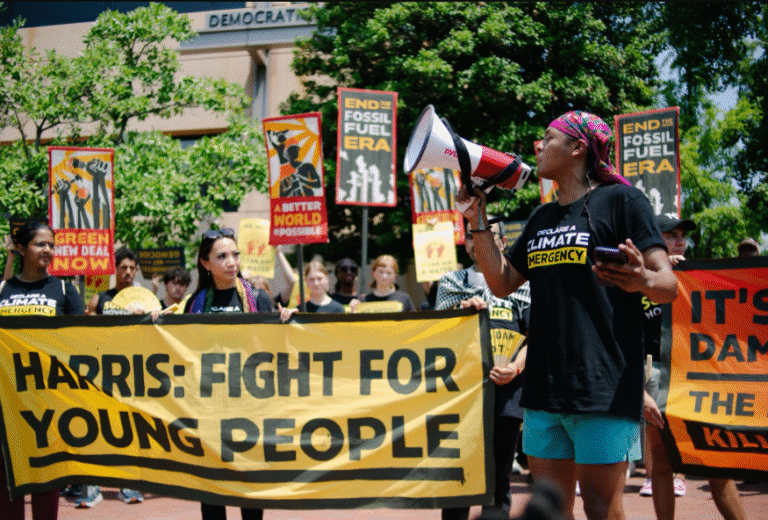Countries are responding to current events with varied strategies reflecting their distinct political, economic, and cultural contexts. Some nations prioritize diplomatic negotiations, while others emphasize grassroots movements to tackle pressing social and environmental issues. Economic responses are evolving to mitigate crises, with a focus on trade and growth. Additionally, cultural perspectives on human rights shape these responses, raising questions about the balance between local traditions and universal standards. What implications do these approaches hold for global cooperation?
Diplomatic Responses to International Conflicts
Diplomacy serves as a crucial mechanism for addressing international conflicts, often facilitating communication and negotiation among involved parties.
Through diplomatic negotiations, states aim to resolve disputes, leading to agreements that can culminate in peace treaties.
These treaties not only signify the cessation of hostilities but also establish frameworks for future cooperation, thereby promoting stability and fostering a climate conducive to freedom and mutual respect among nations.
See also: newsreversecom
Grassroots Movements and Citizen Activism
Grassroots movements and citizen activism have emerged as powerful forces in shaping social and political landscapes across the globe.
Through community organizing, individuals unite to advocate for social justice, addressing issues such as inequality and environmental degradation.
These movements often leverage social media to amplify their messages, mobilizing diverse populations and challenging established power structures, ultimately fostering greater civic engagement and accountability.
Economic Strategies Amid Global Crises
As global crises continue to unfold, nations are compelled to adopt innovative economic strategies to mitigate their impacts and foster resilience.
Effective fiscal policies are increasingly being implemented to stimulate growth, while countries seek to strengthen trade agreements to enhance economic stability.
These measures aim to address immediate challenges and create a foundation for long-term prosperity, reflecting a commitment to freedom and economic independence.
Cultural Perspectives on Human Rights Issues
Although cultural perspectives on human rights issues vary widely across the globe, they play a crucial role in shaping the discourse surrounding these rights.
Cultural relativism challenges the universality of human rights, suggesting that values are context-dependent. This divergence influences legal frameworks and societal norms, leading to debates on the balance between respecting local traditions and advocating for universal human rights standards.
Conclusion
In an era marked by unprecedented challenges, countries are navigating their responses through a complex interplay of diplomacy, grassroots activism, economic adaptation, and cultural considerations. Each approach reflects a unique blend of local priorities and global imperatives. As nations grapple with these pressing issues, one must ask: can a truly unified solution emerge from such diverse perspectives, or will the differences only deepen existing divides? The answer may shape the future of international cooperation and solidarity.
